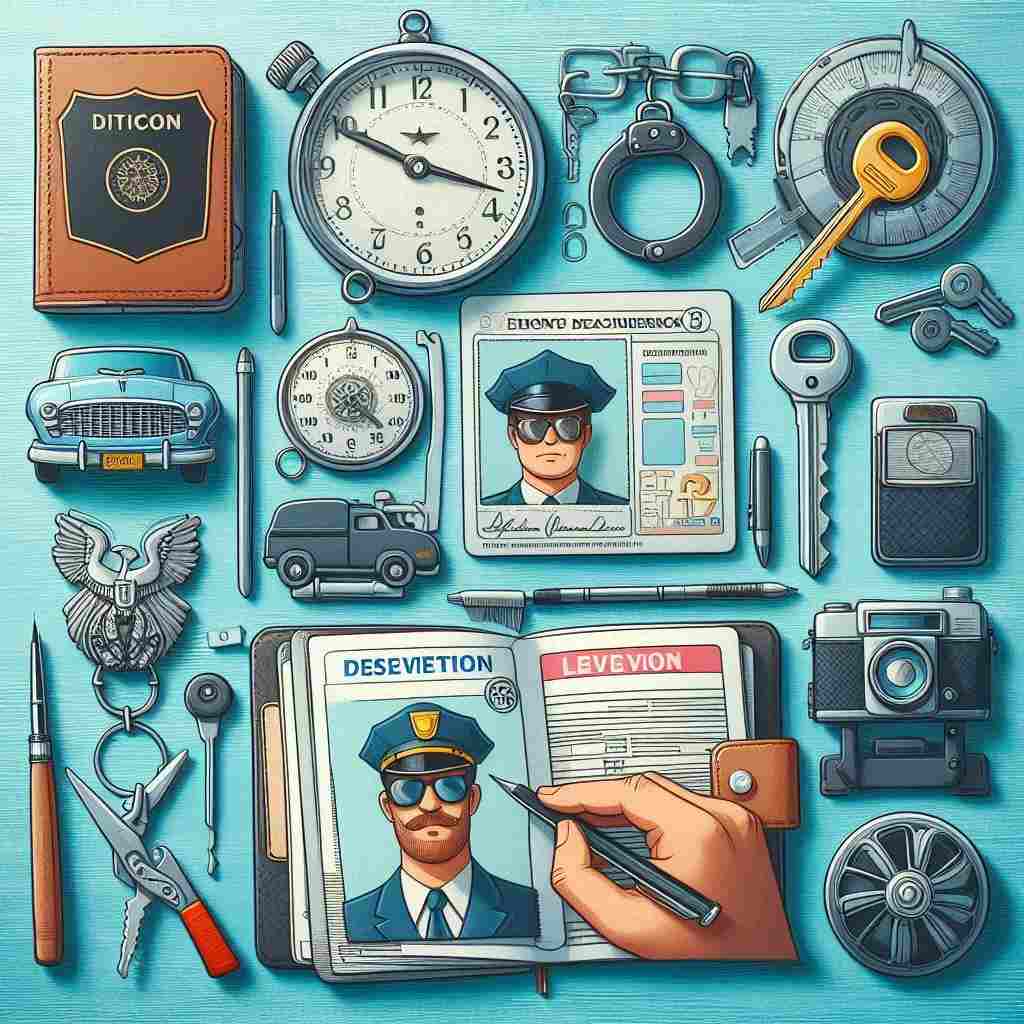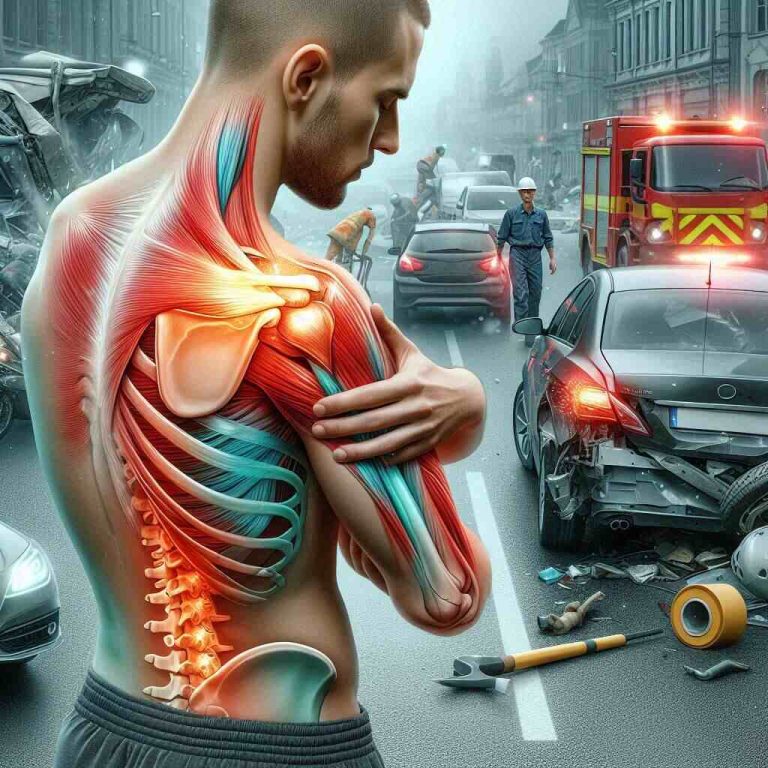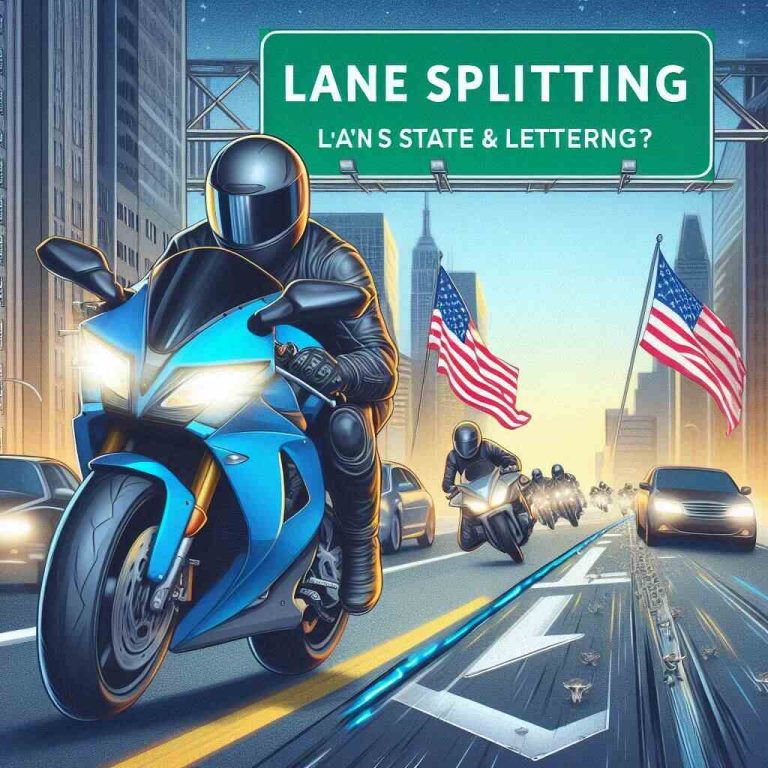Types of Commercial Driver’s Licenses in Chicago
So, you’re thinking about getting your commercial driver’s license (CDL) in Chicago? Great move. Whether you’re planning to hit the road in a big rig, drive a school bus, or deliver goods locally, knowing your CDL options is the first step. In this guide, we’re breaking down everything—CDL classes, endorsements, costs, and more—all tailored to Chicago and Illinois-specific info. Buckle up!
Understanding Commercial Driver’s Licenses (CDLs)
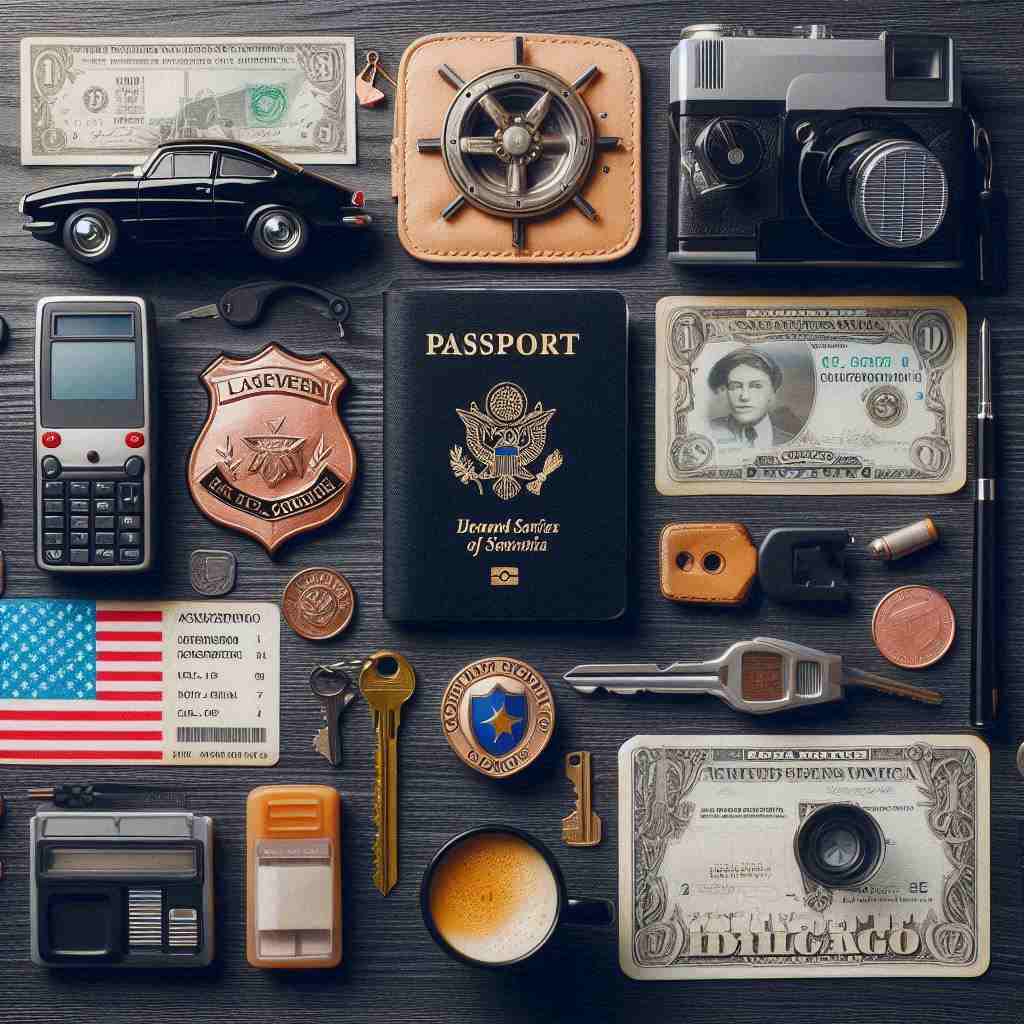
What is a CDL?
A Commercial Driver’s License (CDL) is your golden ticket to driving larger, heavier, and more complex vehicles. Unlike a regular driver’s license, a CDL is required for operating vehicles like semis, school buses, tanker trucks, and certain delivery vans. The license proves you’re trained, tested, and trusted with these powerful machines.
Why Do You Need a CDL in Chicago?
Chicago is a massive transportation hub. With O’Hare International Airport, the I-90 corridor, and countless logistics centers, there’s no shortage of opportunities. But to tap into them, you need a CDL that matches the type of vehicle and cargo you’re planning to handle.
Who Regulates CDLs in Illinois?
In Illinois, CDLs are regulated by the Office of the Secretary of State (SOS). They oversee testing, endorsements, and compliance for all CDL holders statewide—including Chicago.
The Three Main Classes of CDLs

Let’s clear up the ABCs of CDLs. Literally. CDLs are divided into three classes: A, B, and C. Each class is based on vehicle weight and type.
Class A CDL – Heavy Combo Vehicles
This is the big one—literally. A Class A CDL lets you drive combination vehicles with a gross combination weight rating (GCWR) of 26,001 pounds or more, towing a unit over 10,000 pounds.
Think:
- Tractor-trailers (18-wheelers)
- Livestock carriers
- Flatbeds
If cross-country or regional trucking is your dream, this is the CDL for you.
Class B CDL – Single Heavy Vehicles
Class B is for single vehicles with a GVWR of 26,001 pounds or more, but you’re not towing anything big.
Common vehicles:
- Dump trucks
- Straight trucks
- City buses
- School buses
Great for local jobs, construction, and public transit gigs.
Class C CDL – Small Vehicles with Special Permits
Class C may be for smaller vehicles, but it’s just as critical. This license is required for:
- Vehicles designed to transport 16 or more passengers
- Vehicles transporting hazardous materials (with the proper endorsement)
So, if you want to drive a shuttle van or handle hazmat shipments, Class C is your go-to.
Key Differences Between Class A, B, and C Licenses
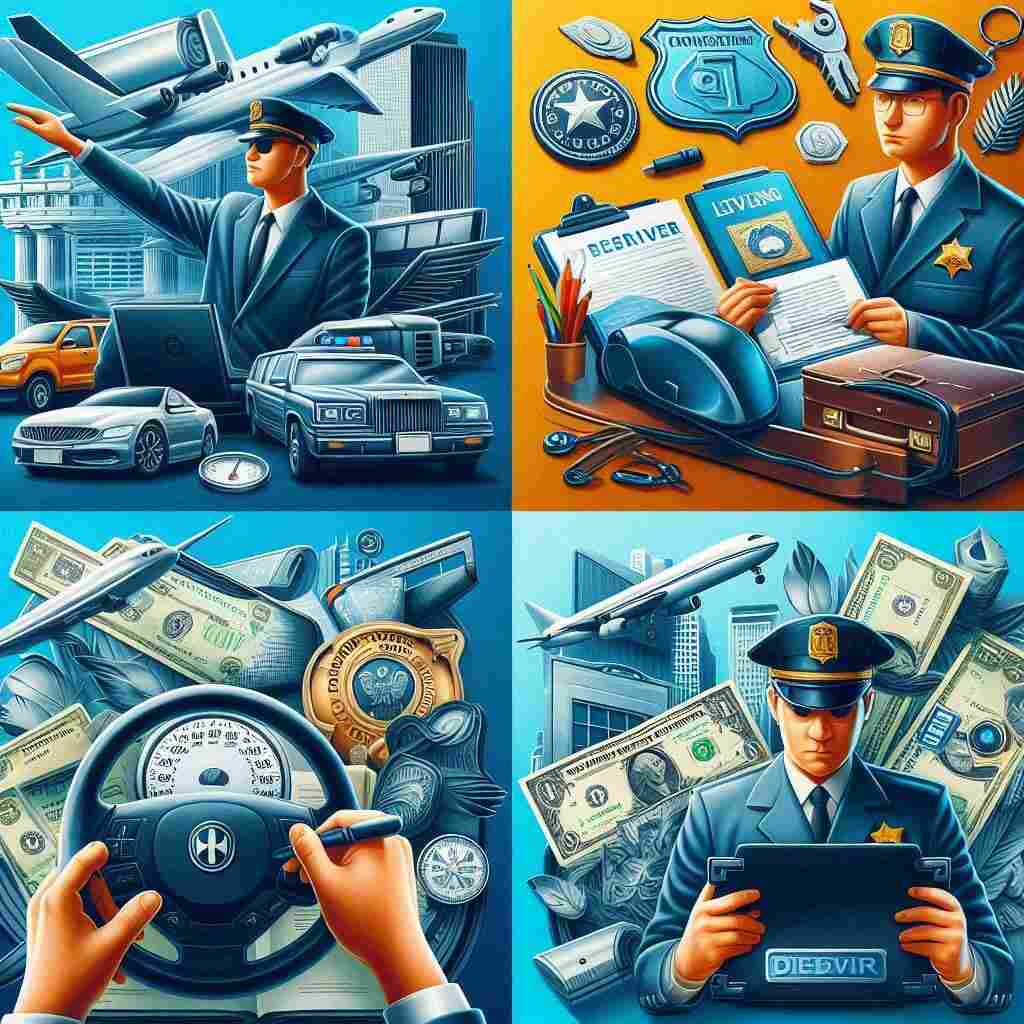
Vehicle Types
Each license class covers different vehicle types. Class A covers the broadest range—including all vehicles in B and C, if you have the right endorsements.
Weight Ratings
Weight limits matter. The higher the class, the heavier and more complex the vehicle. Class A includes big rigs, Class B handles buses and box trucks, and Class C is more niche-specific.
Passenger and Hazmat Requirements
Only Class C CDLs are typically used for vehicles focused on passenger counts under a certain limit or hazmat transport in smaller vehicles.
Endorsements That Expand Your CDL Privileges
Want to carry people, haul dangerous stuff, or tow double trailers? You’ll need endorsements—special permissions added to your CDL.
Passenger (P) Endorsement
This is a must for anyone transporting people in commercial vehicles. Think: tour buses, shuttle vans, or public transit.
School Bus (S) Endorsement
Specific to yellow school buses. It requires a background check, additional training, and a separate test.
Hazmat (H) Endorsement
If you’re hauling flammable, toxic, or explosive materials, the H endorsement is non-negotiable. Requires a TSA background check.
Tanker (N) Endorsement
For those hauling liquid or gas in tankers. It applies to both hazardous and non-hazardous materials.
Double/Triple Trailers (T) Endorsement
Only for Class A CDL holders, this endorsement lets you tow more than one trailer—common in long-haul logistics.
CDL Restrictions and What They Mean
Common CDL Restrictions
Restrictions limit your driving capabilities. For instance:
- “E” restriction: Can’t drive a manual transmission
- “L” restriction: Can’t drive vehicles with air brakes
How to Remove Restrictions
Train and test with the right equipment. Want to ditch that manual transmission restriction? You’ll need to test with a manual truck.
Steps to Get a CDL in Chicago
Basic Eligibility Criteria
To get started, you must:
- Be 18+ for intrastate, 21+ for interstate
- Hold a valid Illinois driver’s license
- Pass a DOT medical exam
- Provide proof of legal residency
CDL Training Programs in Chicago
From community colleges to private driving schools, there’s no shortage of CDL training providers. Some even offer job placement help.
Top spots include:
- Progressive Truck Driving School
- Chicago CDL School
- Olive-Harvey College (part of City Colleges of Chicago)
CDL Knowledge and Skills Testing
You’ll take:
- A written knowledge test to get your permit
- A skills test, including pre-trip inspection, basic maneuvers, and road driving
Where to Apply for a CDL in Chicago
DMV and Secretary of State Locations
In Chicago, CDL services are handled at SOS facilities like:
- Chicago West (5301 W Lexington Ave)
- Chicago South (9901 S Dr. Martin Luther King Jr. Drive)
Scheduling Your Test
You can schedule your written test or skills exam online or by phone. Walk-ins may be available, but appointments are smarter.
Costs Associated with Getting a CDL
Testing Fees
- CDL permit: ~$50
- Written test: Included
- Skills test: ~$12 to $50 depending on the class
Training Program Costs
Training can range from $1,500 to $7,000, depending on the provider and course length.
Endorsement Fees
Each endorsement adds $5–$10. Hazmat has extra costs for the TSA background check.
How to Choose the Right CDL for Your Career
Industry Demands in Chicago
Chicago’s booming logistics scene needs all types of drivers—from hazmat haulers to bus drivers. Choose your CDL based on what’s in demand and what suits your lifestyle.
CDL for Trucking vs Passenger Transport vs Delivery
- Long-haul trucking: Class A
- City transport: Class B or C with P/S endorsements
- Local deliveries: Class B or Class C (especially if hazmat)
CDL Renewal and Maintenance
Medical Certification
You’ll need a DOT medical card updated every 1–2 years.
Continuing Education
Not required, but many employers prefer CDL holders who take refresher courses or specialty training.
License Renewal Process
Renewals happen every 4 years. You’ll need:
- Updated medical certificate
- Vision test
- Renewal fee (around $60)
Penalties and Violations for CDL Holders
Major Offenses
- DUI (even in a personal vehicle)
- Leaving the scene of an accident
- Using a vehicle to commit a felony
Disqualification Periods
- 60 days for two serious offenses
- 1 year for DUI
- Lifetime for using a vehicle in drug trafficking
Drive smart. The stakes are higher for CDL holders.
High-Demand CDL Jobs in Chicago
Truck Driving Opportunities
Long-haul, regional, and local trucking gigs are everywhere. Bonus: many offer sign-on bonuses.
Bus and Transit Jobs
CTA, PACE, and school districts are always hiring. P and S endorsements are required.
Delivery and Logistics Careers
FedEx, UPS, and Amazon contractors need drivers with Class B or C CDLs—especially around the holidays.
Final Thoughts on Getting Your CDL in Chicago
There you have it—everything you need to know about CDLs in Chicago. Whether you’re after a long-haul trucking career or a steady job driving a bus around town, there’s a path (and a license class) for you. Make sure to match your goals with the right training and endorsements, and you’ll be in the driver’s seat—literally.
FAQs About Commercial Driver’s Licenses in Chicago
1. How long does it take to get a CDL in Chicago?
Most programs take 4–8 weeks depending on full-time or part-time schedules.
2. What’s the minimum age to get a CDL in Illinois?
You must be 18 for intrastate driving, 21 for interstate.
3. Can I get a CDL without going to school?
Technically, yes. But most employers require formal training.
4. Are there grants or financial aid for CDL training?
Yes, WIOA and other workforce grants are available in Chicago.
5. Do I need a clean driving record to get a CDL?
Not spotless, but major violations can delay or disqualify you.
6. Is the CDL test hard?
It’s challenging, but with the right prep and training, most people pass on the first try.
7. What happens if I fail the CDL road test?
You can retake it—usually after a short waiting period.
8. Can immigrants get a CDL in Chicago?
Yes, if they have legal status and proper documentation.
9. What does a DOT medical exam include?
Vision, hearing, blood pressure, and overall fitness to drive.
10. Which CDL makes the most money?
Usually, Class A with hazmat and tanker endorsements—especially for long-haul routes.

